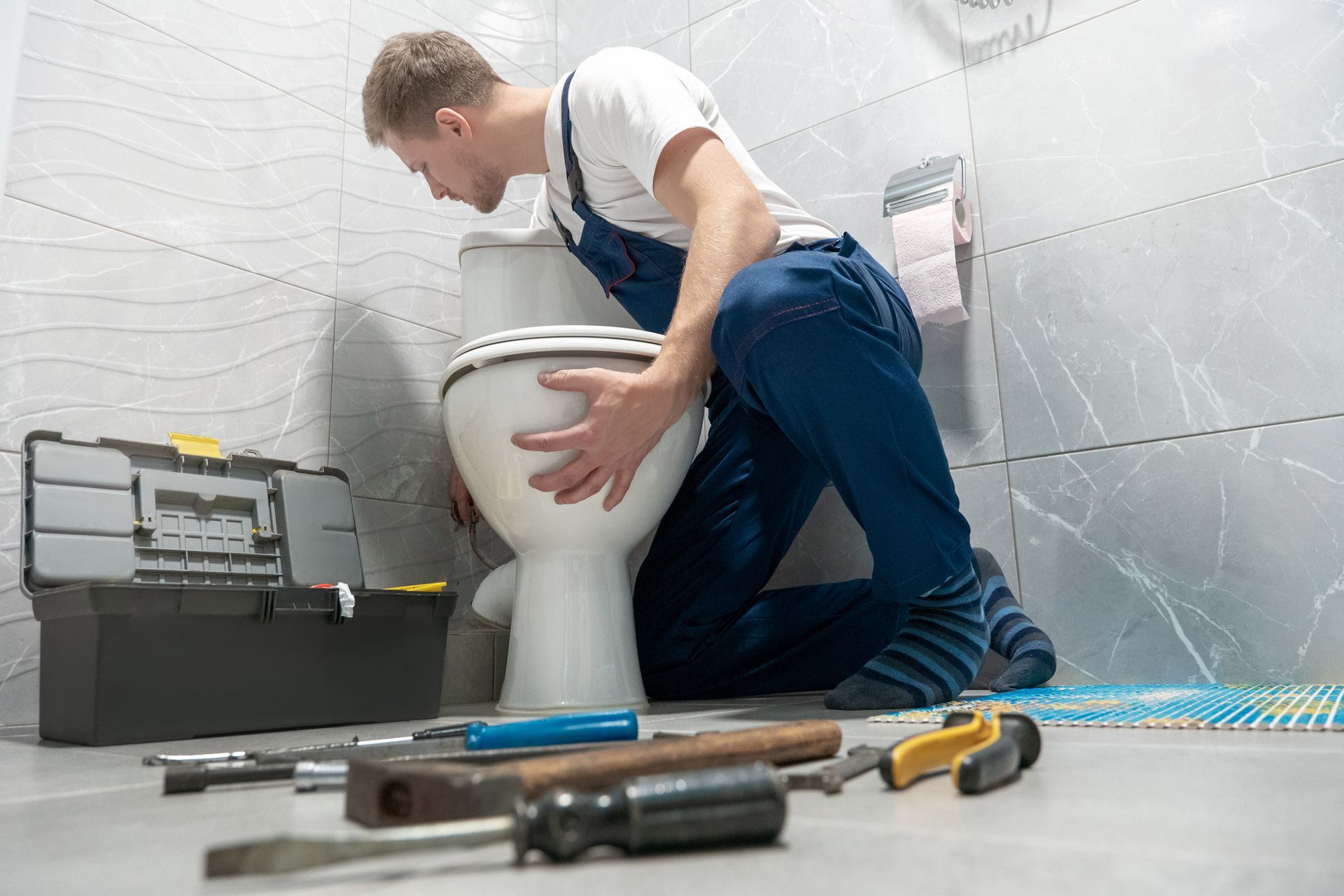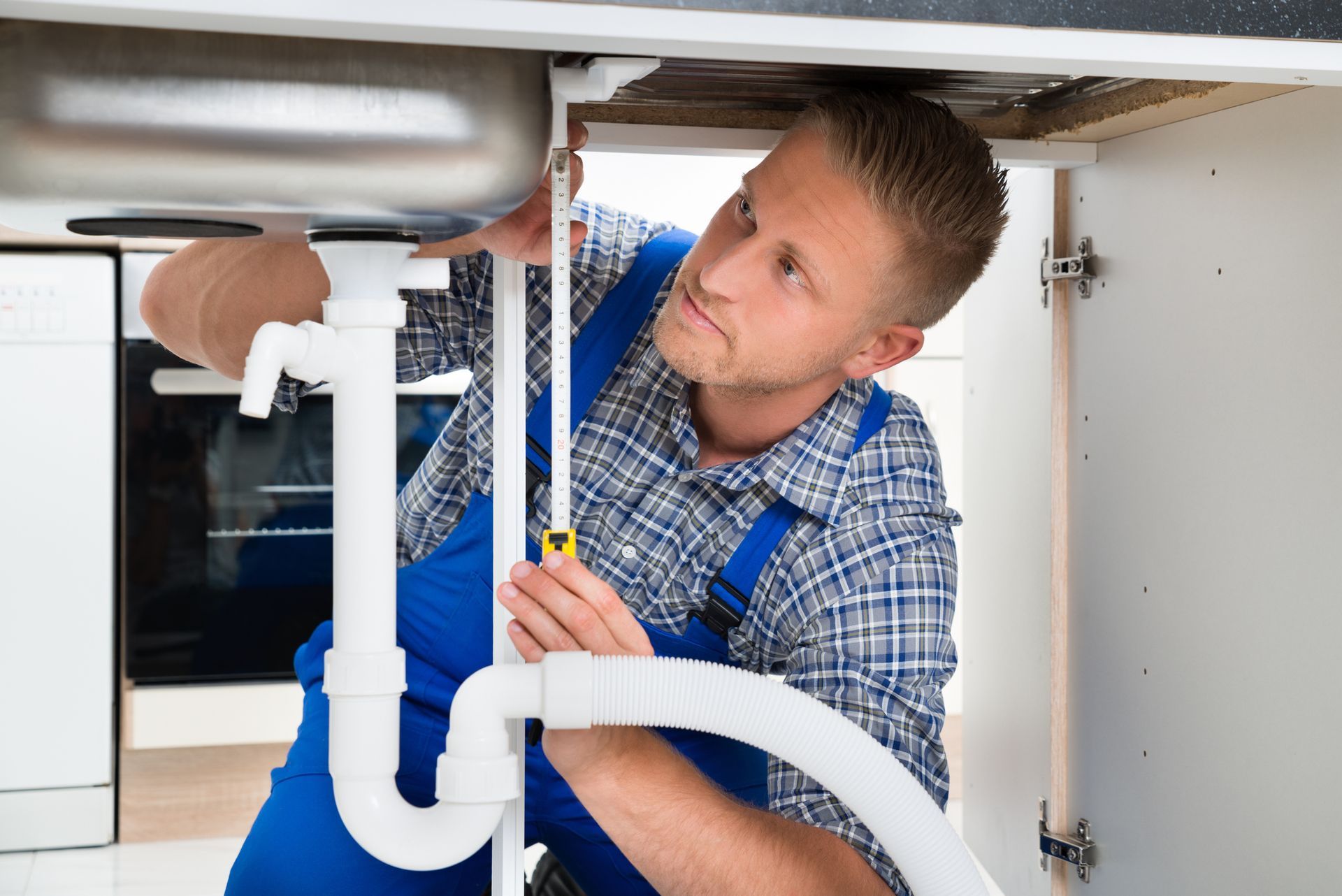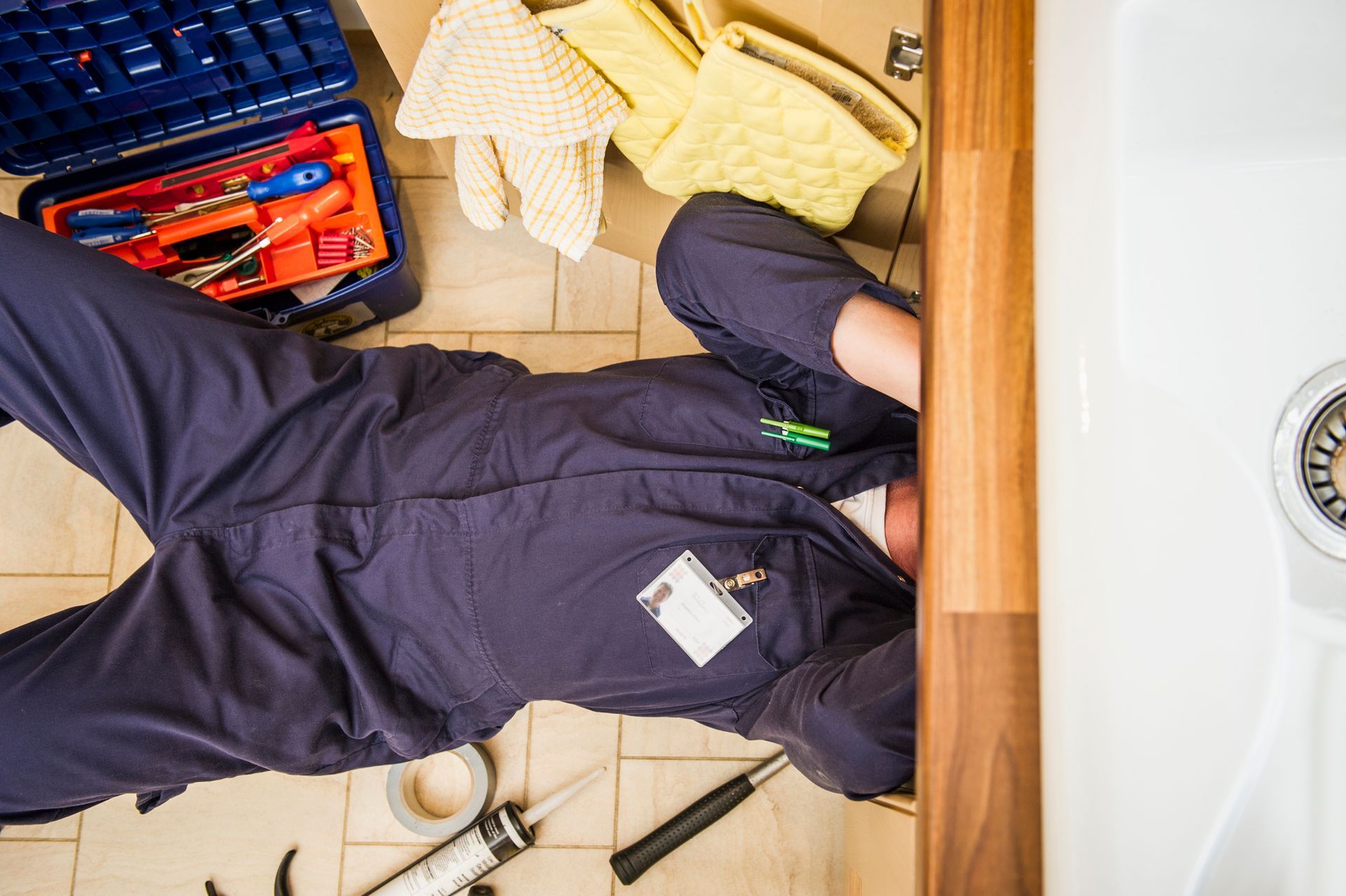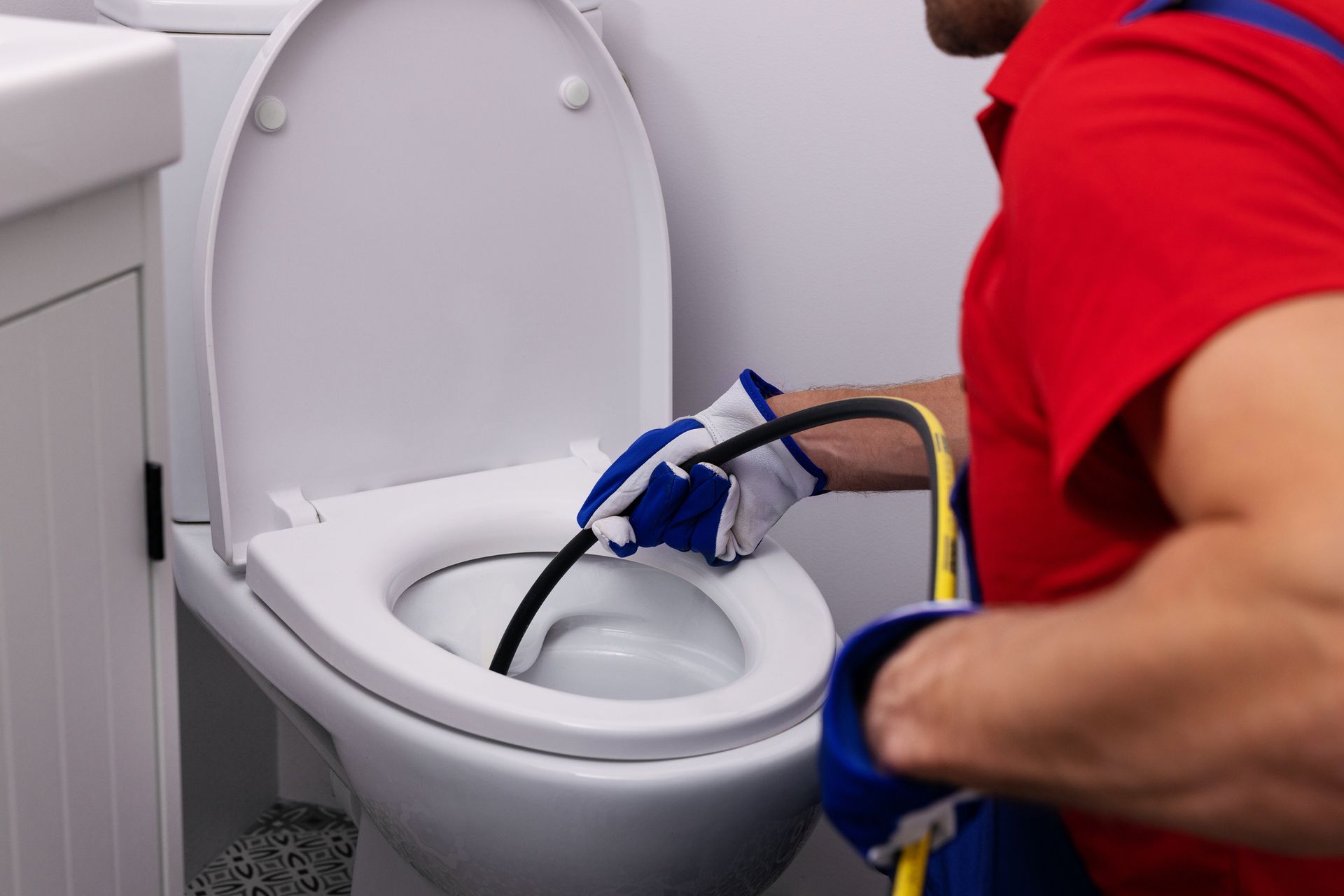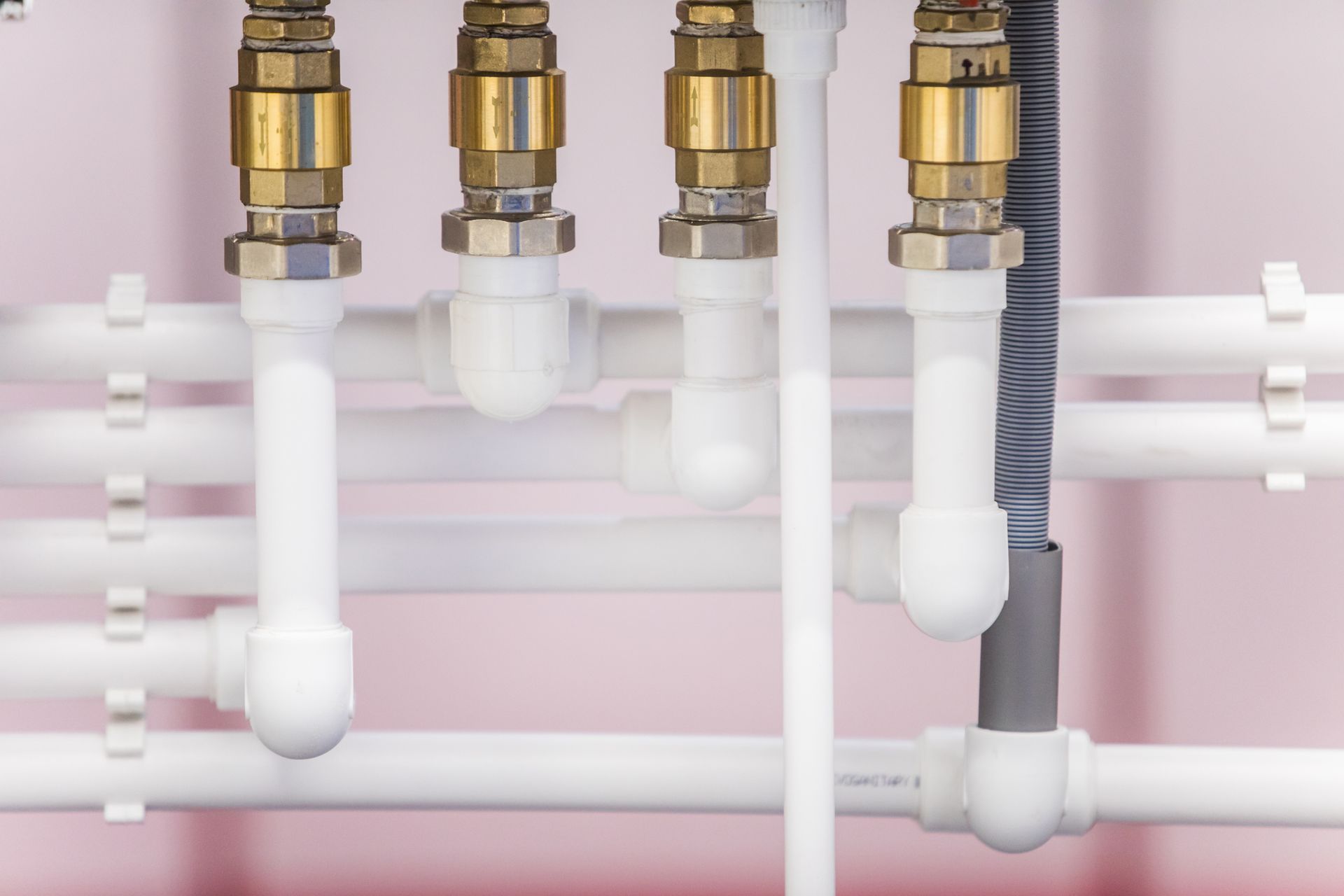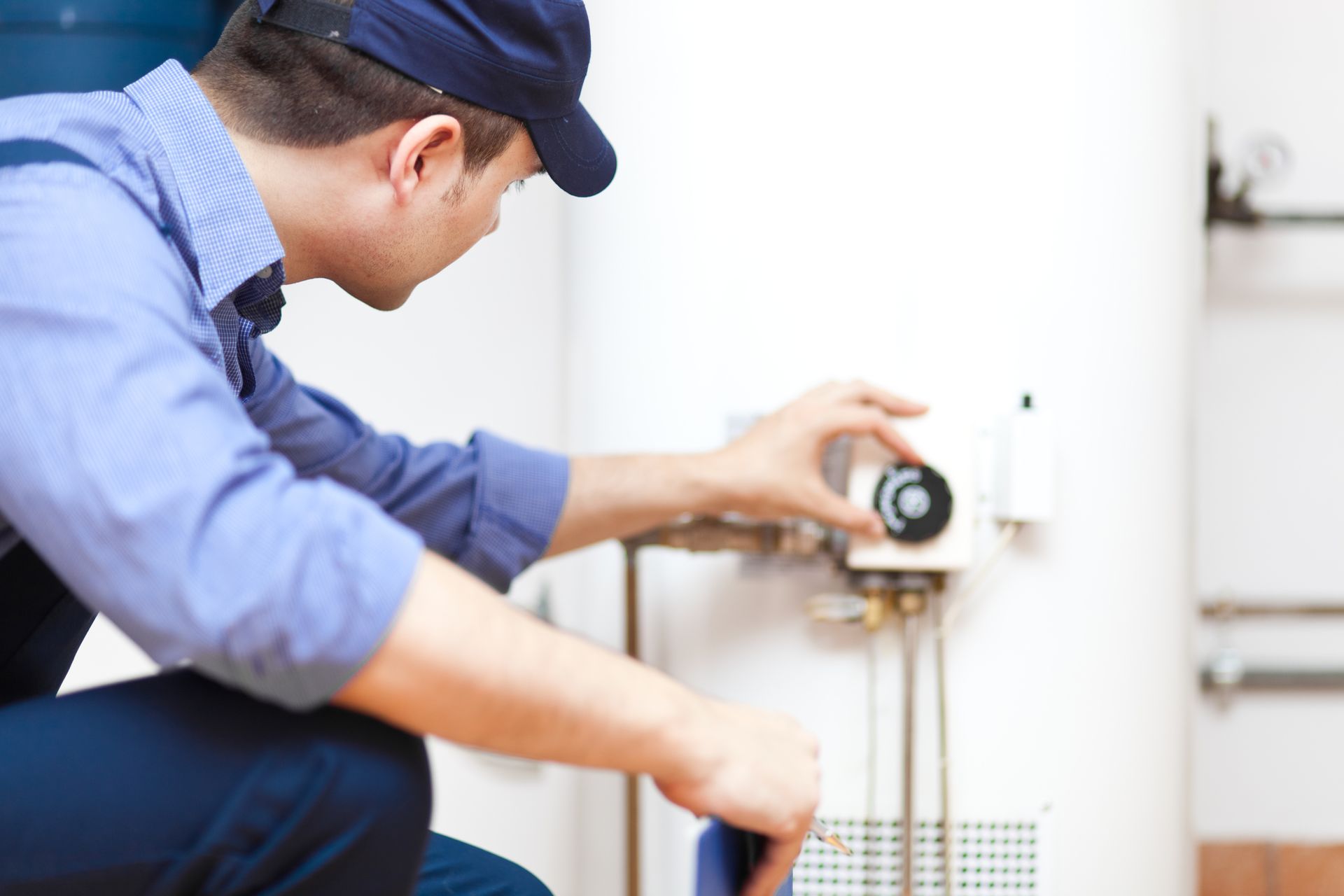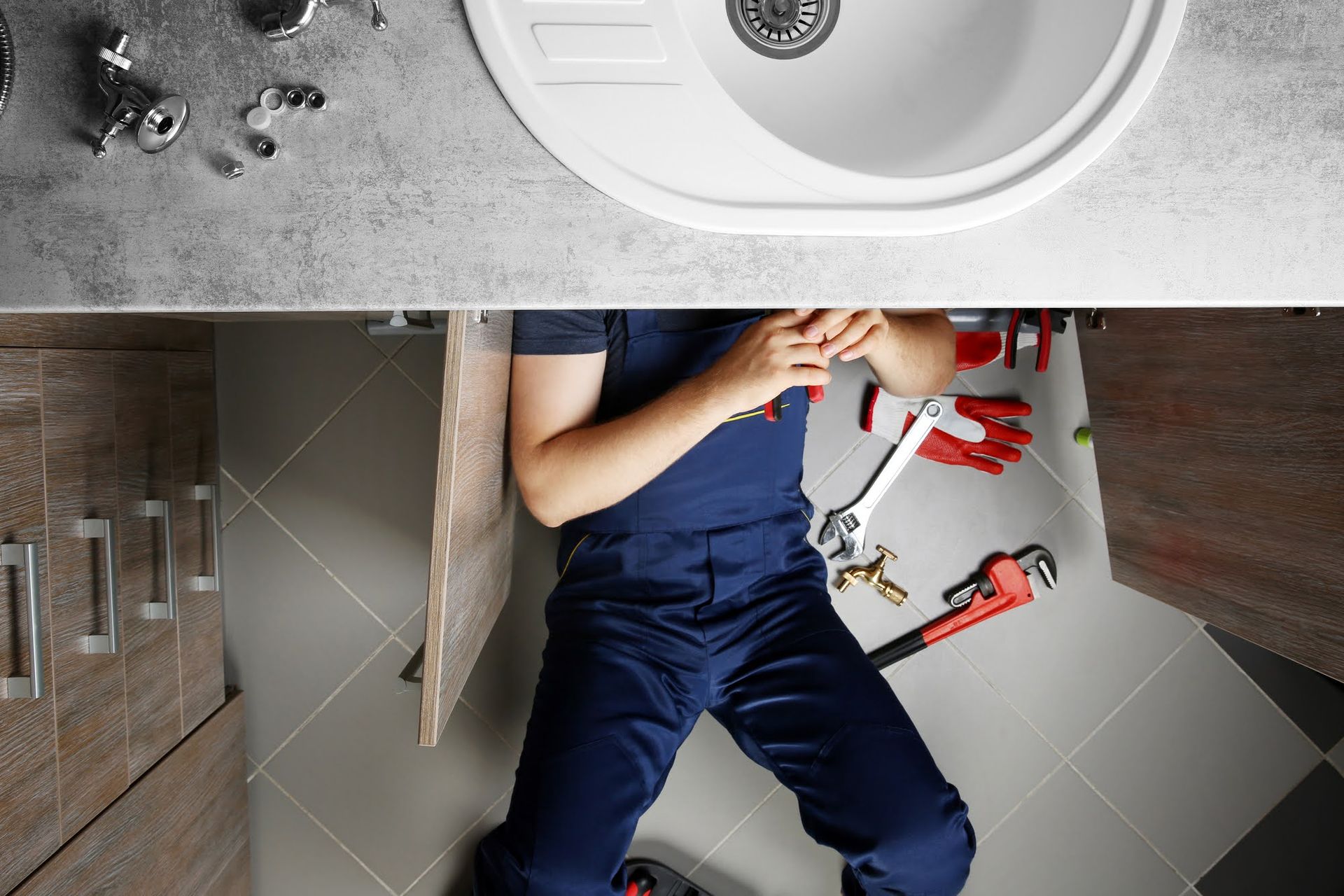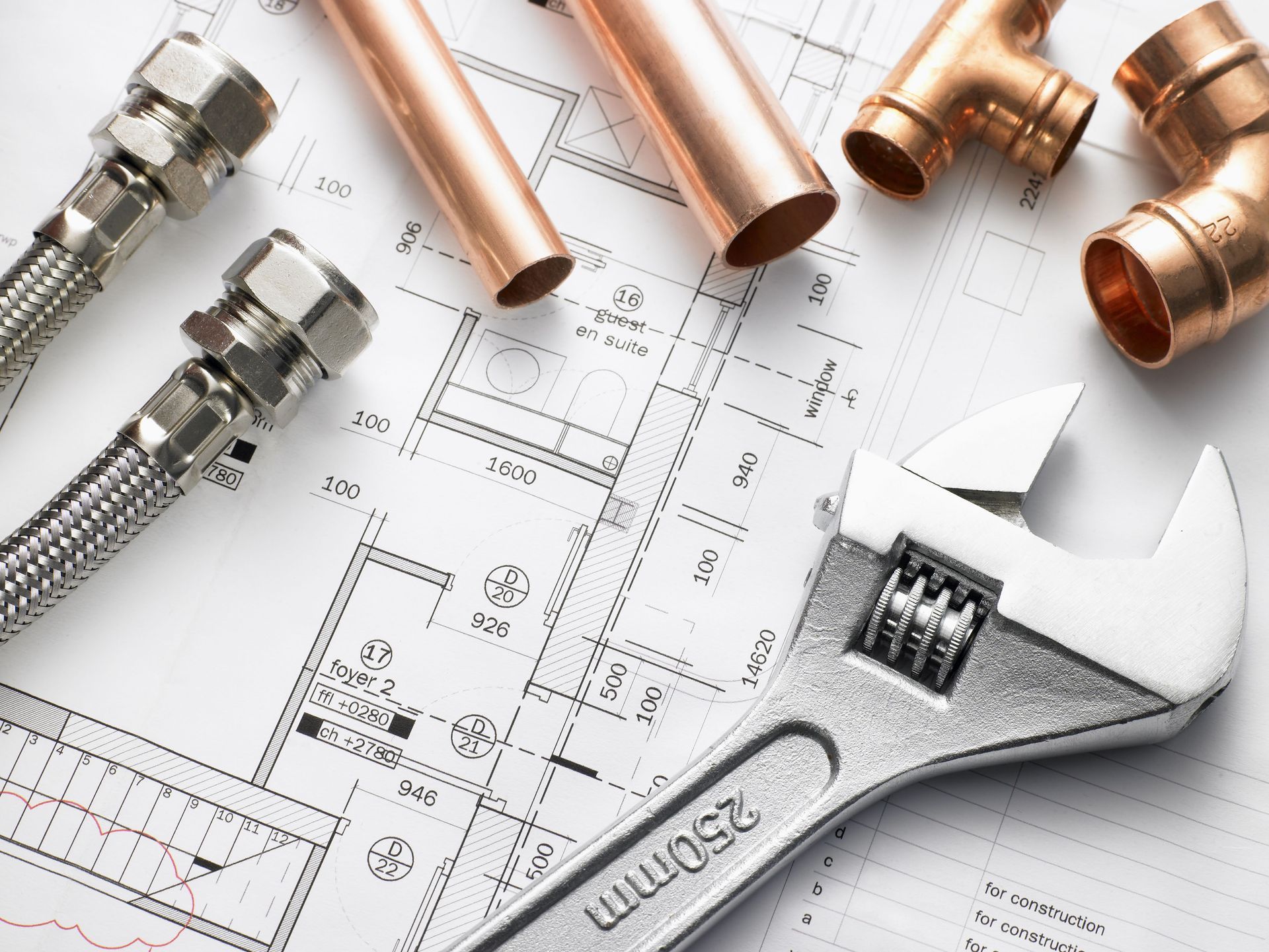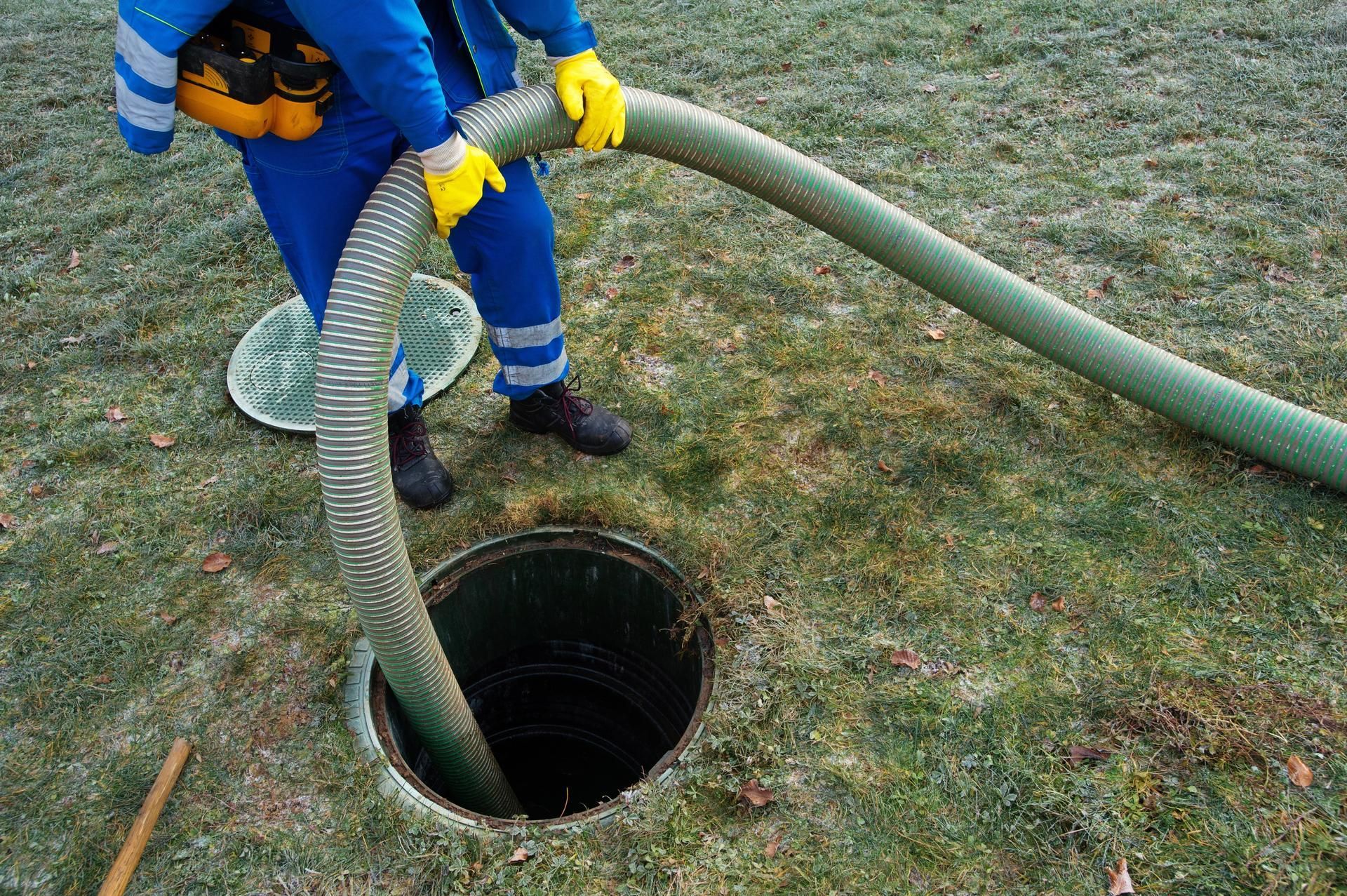3 Possible Reasons Why Your Pipes May Leak
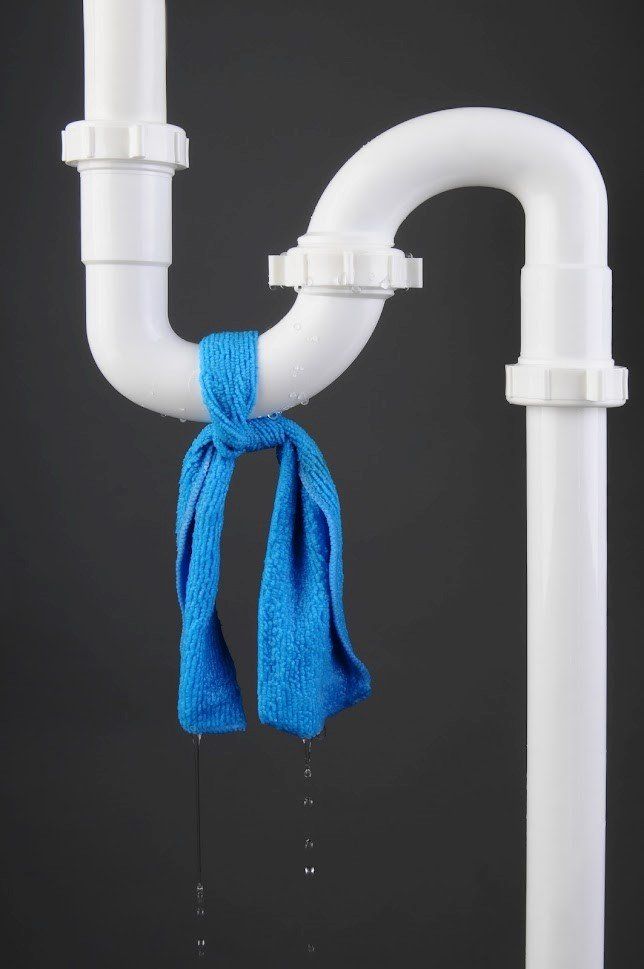
Leaky pipes in your home can quickly become a nightmare if you have no idea where the leak is. The water damage alone can be enough to worry you. Leaking water can cause your home's structural wood to rot and degrade in quality. In addition, if the leaking pipe runs through a wall, you can expect the paint to warp and peel off with time.
Besides the imminent water damage, a leaky pipe can open you up to electrical risks as well. If water gets into contact with live wires, a short circuit can trigger a house fire. Learn more about why pipes leak and what you can do to remedy the problem.
1. Broken Pipe Seals
Pipe seals close the gaps left when two pipes connect. These seals can also connect pipes to appliances and other fixtures in your house. Normally, a pipe seal needs to be strong enough to prevent water from dripping out.
But like with any other component in your plumbing system, a pipe seal can eventually wear out or malfunction. The seal could also get loose or break after a long period of use. Because the seal will no longer be watertight, water may start to leak out from the joint. You're likely to notice puddles near your sink, dishwasher, or toilets — basically anywhere near a worn-out or damaged seal.
Pipe seal replacement is a delicate procedure that requires expertise. As such, you should only let an experienced plumber replace a broken seal for better long-term assurance.
2. Failing Pipe Joints
Pipe joints are the curved sections in your pipe system that allow water to move through to other fixtures in your home.
Unfortunately, pipe joints are also the weakest points of your home's plumbing system. High water pressure and other conditions can place great strain on these parts of your plumbing and cause them to wear out much quicker. Additionally, pipe joints can wear out and weaken with time. As a result, water can easily leak out from the gaps and cracks that come with aging.
You can identify a faulty joint if you listen for any unusual sounds from your plumbing system. A banging or clanking noise (especially when hot water runs through) could be a sign of a failing joint. A combination of noise and noticeable water leaks should further cement your suspicion. Even so, you may still have to call in your plumber for a more accurate diagnosis.
3. Excessive Water Pressure
Many homeowners may not know about the damage that high water pressure can cause. Besides increasing your monthly water bill, excess water pressure can make your pipes burst and start to leak.
Typically, the pipes in your home have a rated pressure limit that, if exceeded, can damage the pipes' structural material. That's why the standard home water pressure should range between 30 to 80 PSI.
Oftentimes, high water pressure could be from your local municipal water supply. You could also live near tall buildings or a fire hydrant, all of which are likely reasons for the excessive pressure.
While you may not control these factors, your plumber may suggest that you install a pressure regulator as a countermeasure. With this device, you can control the incoming water pressure to protect your pipes and other plumbing fixtures from malfunction.
Leaky pipes are often a ticking time bomb. Although you might not see the effects at first, gradual water damage can have devastating results if you don't act fast — not to mention the higher monthly bills. Reach out to Michigan Plumbingimmediately you suspect a pipe leak anywhere in your home.

